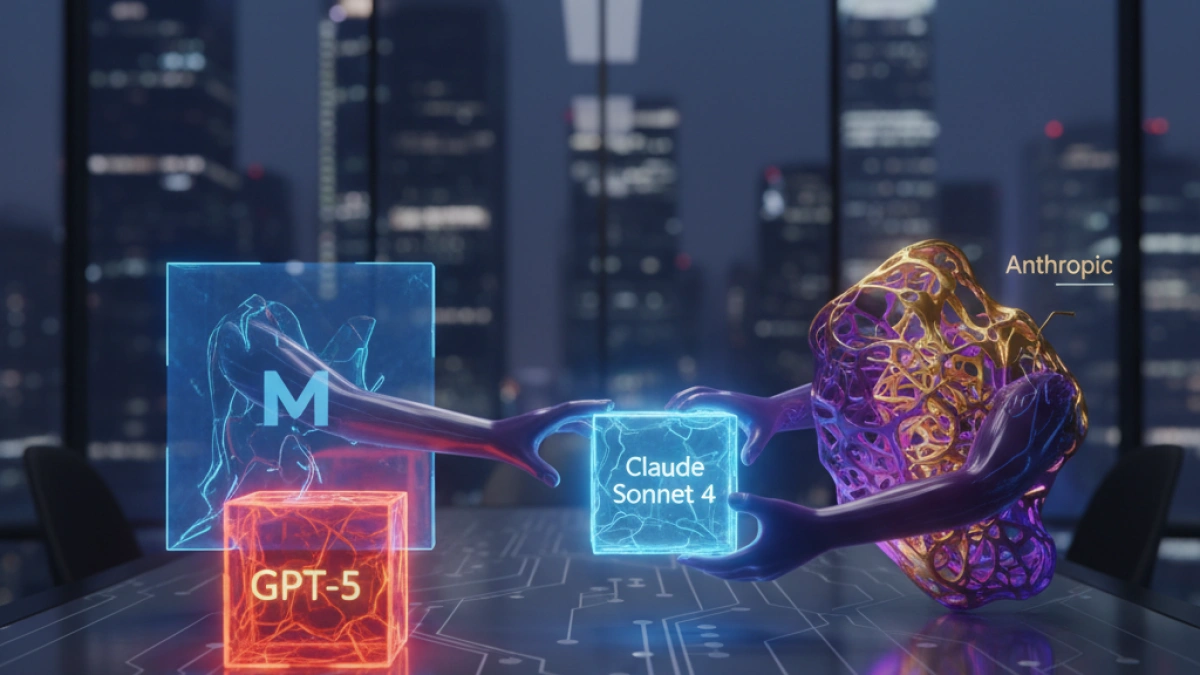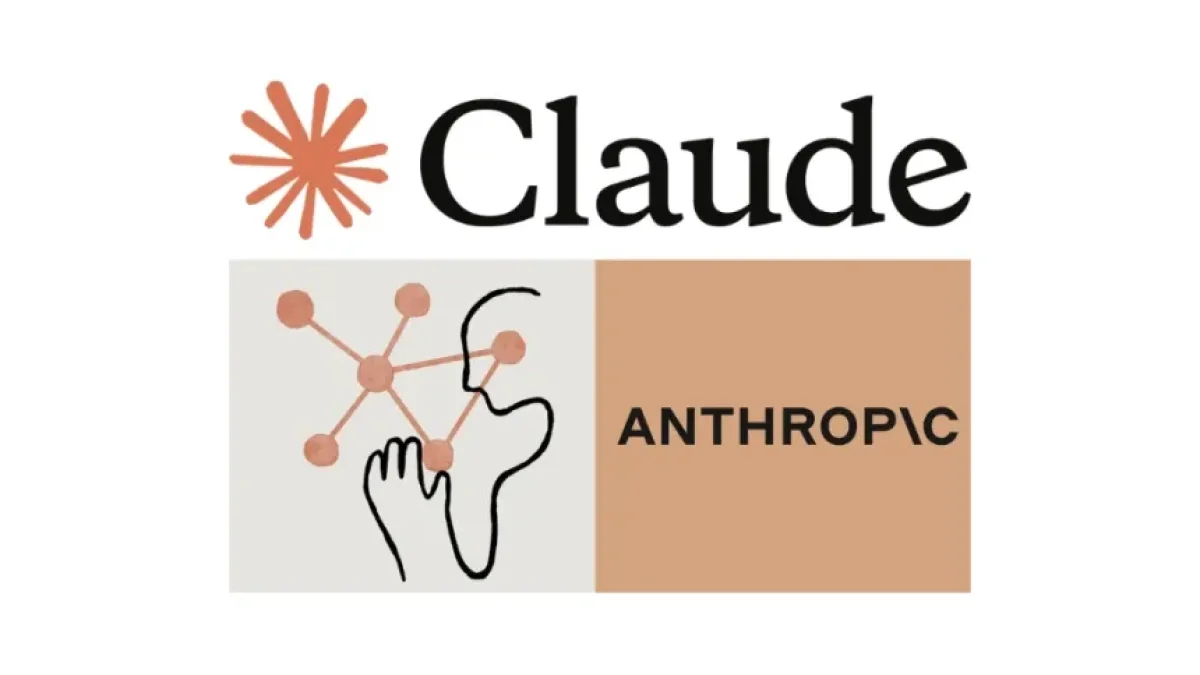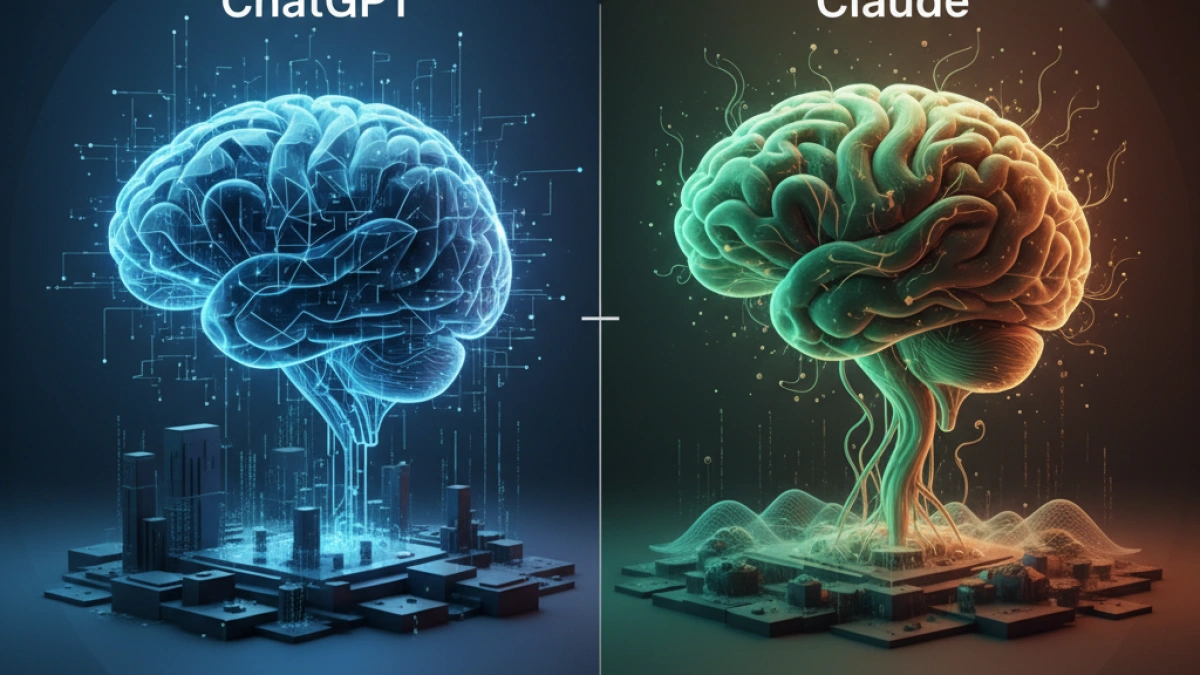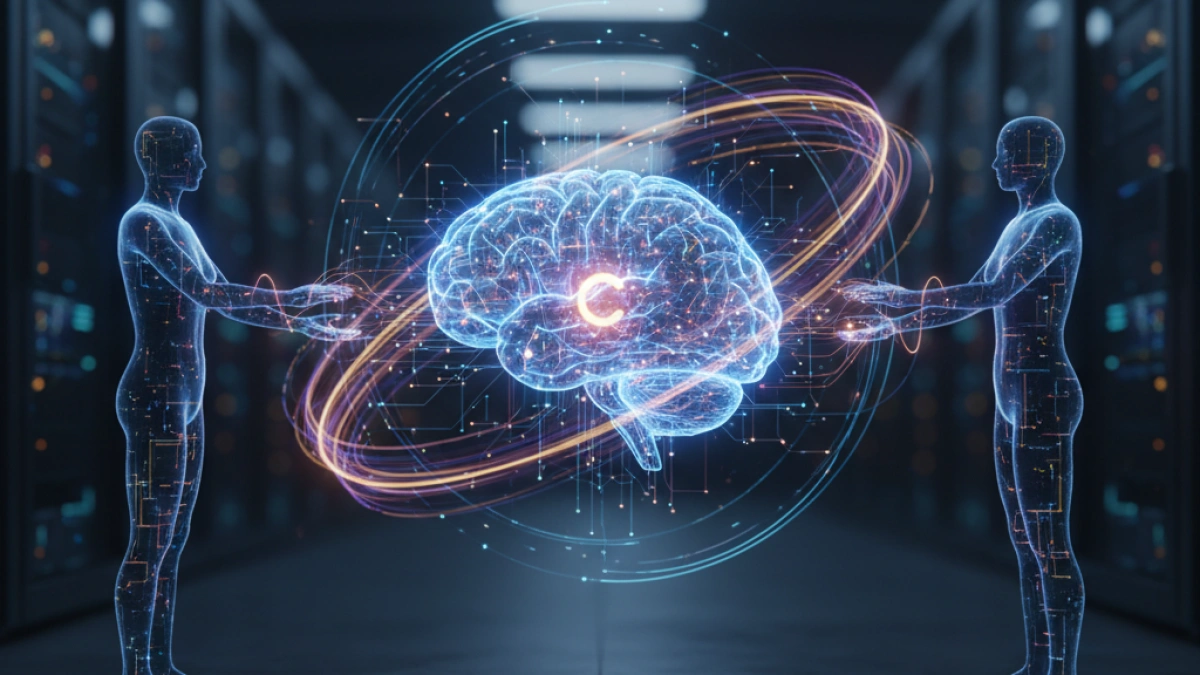Judge approves preliminary agreement of $1.5 billion to Anthropic for copyright rights.

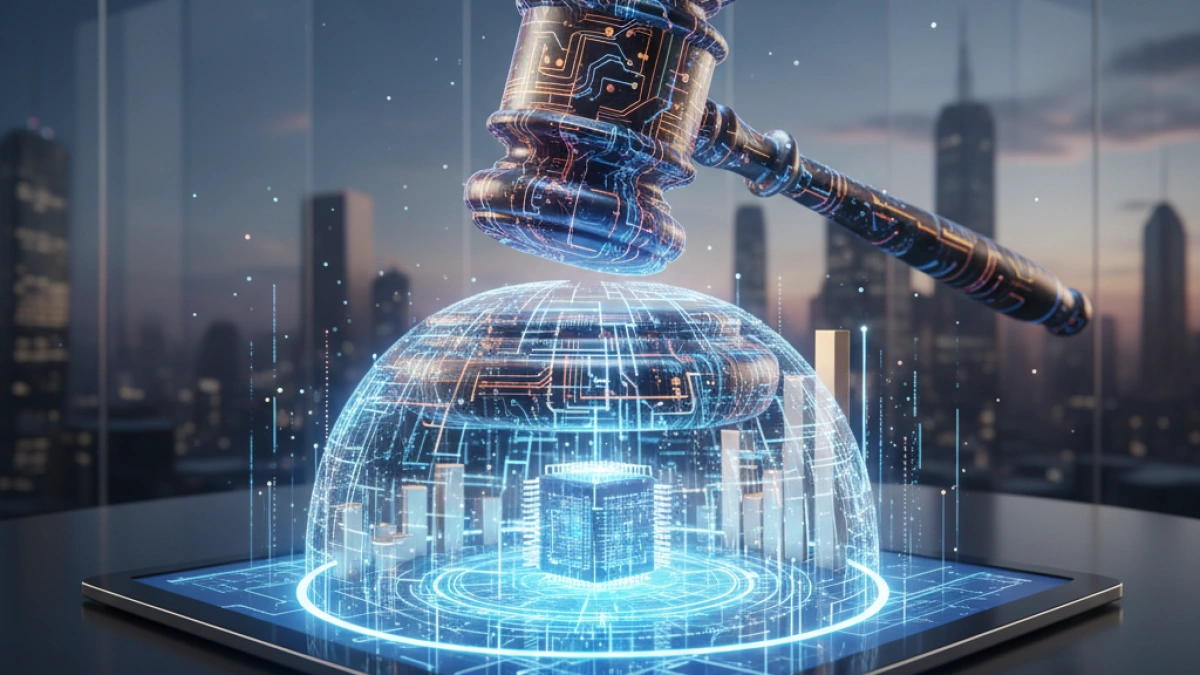
An important advancement in the field of intellectual property has been recorded in the United States, where a federal judge in California has granted preliminary approval to a $1.5 billion settlement in a class action lawsuit for copyright infringement filed by a group of authors against the artificial intelligence company Anthropic. This decision was announced on Thursday, according to reports from the plaintiffs' representatives.
Context of the Agreement
This proposed settlement is the first in a series of legal actions directed against technology companies like OpenAI, Microsoft, and Meta Platforms, which have been accused of using copyrighted material to train their generative AI systems. During a hearing held on Thursday, District Judge William Alsup expressed that he found the settlement to be fair, marking a milestone in the fight for copyright protection in the digital age.
Earlier this month, Alsup had postponed the approval of the settlement, requiring the parties involved to respond to a series of questions. The final decision on the approval of the definitive settlement will depend on the judge informing the affected authors and giving them the opportunity to present related claims.
Reaction from the Plaintiffs
The plaintiffs in this case, Andrea Bartz, Charles Graeber, and Kirk Wallace Johnson, released a statement following the judge's decision, stating that Alsup's ruling brings them "one step closer to real accountability for Anthropic." They also emphasized that this should serve as a warning to all artificial intelligence companies, indicating that they cannot evade the law or ignore the rights of creators.
Read also
Maria Pallante, president of the Association of American Publishers, also commented on the settlement, describing it as "a significant step in the right direction to hold AI developers accountable for reckless and blatant infringements."
Allegations and Legal Context
The allegations made by the authors align with many other lawsuits filed by creators, media, and artists who accuse technology companies of using their work without authorization to train artificial intelligence models. Anthropic's deputy general counsel, Aparna Sridhar, spoke about the judge's decision, stating that it would allow the company to focus on developing safe AI systems that help people and organizations enhance their capabilities, advance scientific discoveries, and solve complex problems.
The class action lawsuit was filed by Bartz, Graeber, and Johnson last year. The plaintiffs alleged that Anthropic, which is backed by giants like Amazon and Alphabet, made illegal use of millions of pirated books to train its AI assistant known as Claude.
Read also
Judge Alsup had previously ruled that, although Anthropic claimed fair use of the authors' works for training the Claude assistant, the company infringed copyright by storing over 7 million pirated books in what has been described as a "central library." This collection was not intended exclusively for that purpose, raising concerns among copyright advocates.
Future Implications
A trial is expected to begin in December of this year to determine the compensation that Anthropic should pay for the alleged piracy, with potential damages that could reach hundreds of billions of dollars. This context highlights the existing tensions between technological innovation in the field of artificial intelligence and the need to protect the rights of content creators.
The outcome of this case could set an important precedent for future litigation concerning artificial intelligence and its relationship with intellectual property. The growing concern about how technology companies use and process copyrighted material is sparking a broader debate on the ethics and legality of developing artificial intelligence tools.
Conclusions
The preliminary approval of the $1.5 billion settlement with Anthropic underscores the growing importance of copyright in the digital age and represents a significant step towards accountability in the artificial intelligence industry. The coming months will be crucial in determining how standards and limits will be established around the use of protected material and how these decisions will affect the future development of technology.
Stay informed about these and other topics by visiting more content on my blog, where current trends and their impact on society are analyzed.

